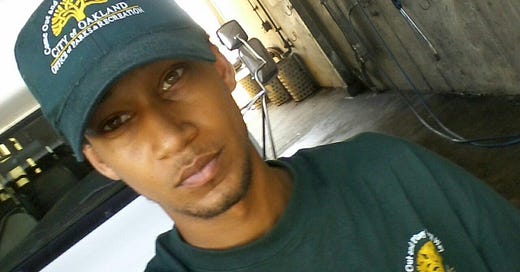On the Mysterious Conditions Surrounding the Death of Johnny Lee Perry in Montana
Johnny Lee Perry, a 31-year-old homeless Black man died after being shot by police in Montana and after lifted to a local hospital. His mother still has several unanswered questions.
As a writer and editor here at The North Star, I am often messaged by family members seeking our assistance in advocating on behalf of their loved ones who have faced harm, injury, discrimination, or at worst, death, on account of some form of systemic racism/social prejudice. What I’ve learned over the past two…
Keep reading with a 7-day free trial
Subscribe to The North Star with Shaun King to keep reading this post and get 7 days of free access to the full post archives.




